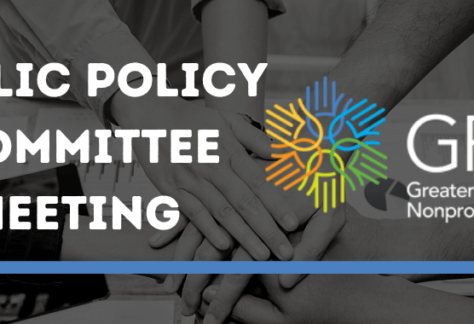When the pandemic shutdowns hit, the Jewish Federation of Greater Pittsburgh (JFGP) knew the funding it raises annually to provide community services would be insufficient. So, they assessed needs in Western Pennsylvania across 40 Jewish organizations, gathered its eight allied agencies, and worked collaboratively to raise money for additional services. They raised over $9 million.
The money went to synagogues and to health and human service-oriented nonprofits, with the bulk going to the eight nonprofit agencies the Federation typically supports. The common conception was that these organizations serve those of the Jewish faith exclusively, but JFCG provided comprehensive and responsive services community-wide and planned alongside all its members to provide support and address needs specific to the community.
With some of these funds, JFGP helped the Jewish Community Center of Pittsburgh to set up a program for children whose parents had to work. Anyone with school-age kids through grade 6 could drop off their children at the JCC where staff monitored their virtual schooling, provided snacks, and supervised after-school recreation.
The money also subsidized emergency financial assistance and interest-free loan programs provided by JFunds, a network of financial support services that the Federation coordinates. Support such as emergency grants of up to $500 often issued within 24 hours can prevent eviction or pay for a car repair to prevent job loss.
Other funding, spent in partnership with the Cohen Center at Brandeis University, supported a multi-city impact study on the effects of pandemic on people in need. This work highlighted areas of need that were unexpected; the study showed, for example, that young adults living alone had the most mental health consequences of those participating in the study since they often lacked networks of support. In response, JFGP created virtual events for young adults to increase their connections with others, and the Federation collaborated with the Jewish Family and Community Services to start UpStreet, a drop-in MH program for young adults.
JFGP also uncovered through their qualitative research a group of people who experienced financial hardship for the first time during the pandemic. These people often didn’t know where to turn for support. The expectation was that those on the edge financially would dip into needing help, but the reality is that there were a lot of people who experienced a major life change resulting from the pandemic lockdown, spent down their savings, and were in a completely new landscape of financial, food, and resource insecurity.
This group of people will not disappear as the pandemic continues to stretch on, and JFGP is constantly looking for opportunities to connect with nonprofits and service providers in the Greater Pittsburgh region. They specifically aim to get more involved in community conversations and look forward to participating in discussions about who is doing what to understand economic insecurity, who is partnering, and where does it make sense to plug in and address gaps. They are an organization poised to facilitate research, planning, and support for those in need universally and look forward to partnering to see what can happen next!


0 Comments